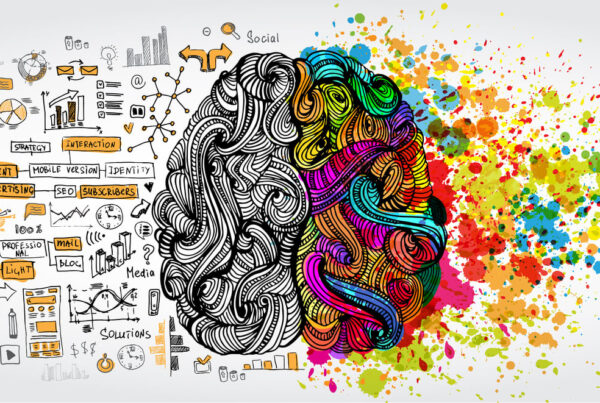Last Updated on January 11, 2025 by Dave Schoenbeck
Regarding job interviews, we’re all guilty of bias, whether we know it or not. Unconscious bias in interviewing is an obstacle to hiring a diverse and multi-talented team. Luckily, most hiring managers want to minimize bias whenever possible to ensure that quality talent is somewhat hired and to protect against legal repercussions that may result from the unrecognized bias involved.
Awareness is the first step towards overcoming unconscious bias in interviewing. Here’s what you need to know.
Why Does Bias in Interviewing Matter?
Unconscious bias in interviewing is tricky because, by its very design, we’re often unaware that it’s happening. For example, when asked, most hiring managers would insist that they’d never discriminate against a candidate for qualities like race, sex, religion, social class, or sexuality. This is because it’s illegal to discriminate against protected classes.
Yet, when unconscious bias occurs in interviewing, these factors can influence us, whether we know it or not. Interview bias doesn’t always look like blatant discrimination but can often prevent us from hiring quality candidates.
Common Interview Biases
Unconscious bias in interviewing can take many different shapes depending on what bias is in effect. Here are a few of the most common types of interview bias to look out for:
- Anchoring bias: In anchoring bias, the first piece of information you hear can influence the situation. For example, if you know right away that a candidate earns well below market value for their work, it will be difficult to consider them for a higher salary.
- Contrast bias: This type of bias occurs when you compare candidates to each other rather than comparing each one to the job description at hand. The standards become distorted as the interview process becomes about which candidate seems more impressive than the others, not which would best suit the job.
- First impression bias: Like anchoring bias, putting too much pressure on a first impression can lead to unfair discrimination. If a candidate seems overly nervous or flustered, that will color the rest of your interactions with them, even if they compose themselves later in the interview.
- Fundamental attribution bias: This unconscious bias in interviewing leads to interviewers assigning personality traits to a candidate’s external circumstances. For example, if a candidate is dressed shabbily, the interviewer might assume they are lazy or careless without considering that a financial emergency could be blamed.
- Gut feeling bias: As the name suggests, this type of bias in interviewing happens when you trust your gut feeling more than the facts. Listening to your intuition is essential, but that shouldn’t be the basis of the hiring process.
- Halo/horn-effect bias: If an interview goes well, we tend to assume the best about the candidate as a person; the horn effect is the opposite. Conversely, we tend to believe negative things about the candidate if things go poorly.
- Negative emphasis bias in interviewing occurs when a small amount of negative information unfairly influences the decision-making process and causes the interviewer to think negatively about the candidate.
- Nonverbal bias: Body language or non-verbal cues are incredibly easily misinterpreted. Don’t let them influence your hiring decision more than the interview itself.
- Recency bias: One of the most common types of bias in interviewing is recency bias. Here, the last candidate you interview will make a disproportionately strong impression because they were the most recent, and therefore most memorable, one in your mind.
- Similarity bias: The similarity bias makes us think that candidates like us are automatically better. Of course, it takes a diverse team of different perspectives to succeed.
Avoiding interviewer bias is crucial to hiring your team’s best talent. Please fill out my contact form for a complimentary video coaching session, and we’ll talk about how an unbiased viewpoint can build your company.
Coach Dave
- If You Are Considering Starting a Business, Read the Book The E-Myth Revisited First - October 16, 2025
- Here’s a Must-Read Book: The Four Disciplines of Execution - October 9, 2025
- Don’t Procrastinate: It’s Time to Do Company Succession Planning - October 2, 2025


